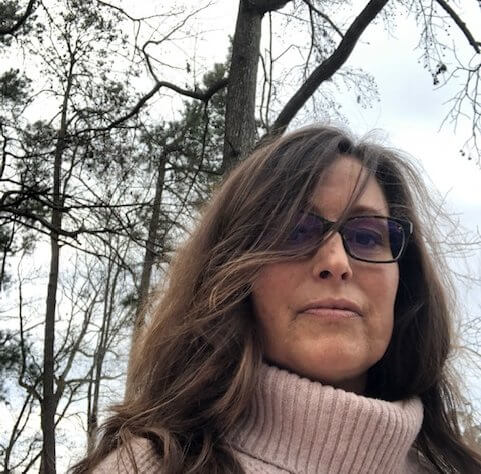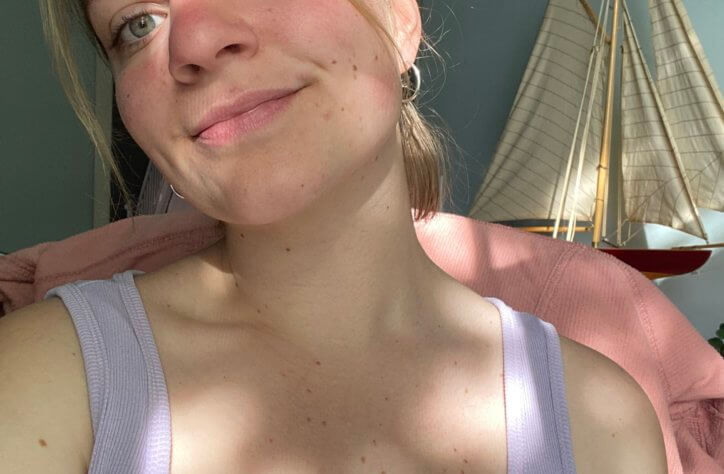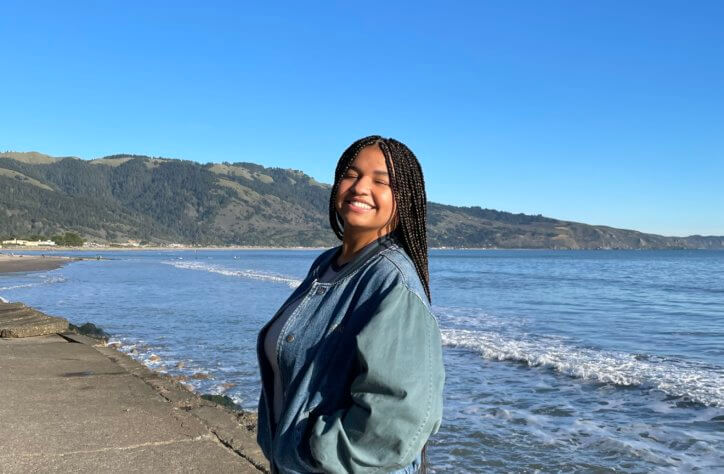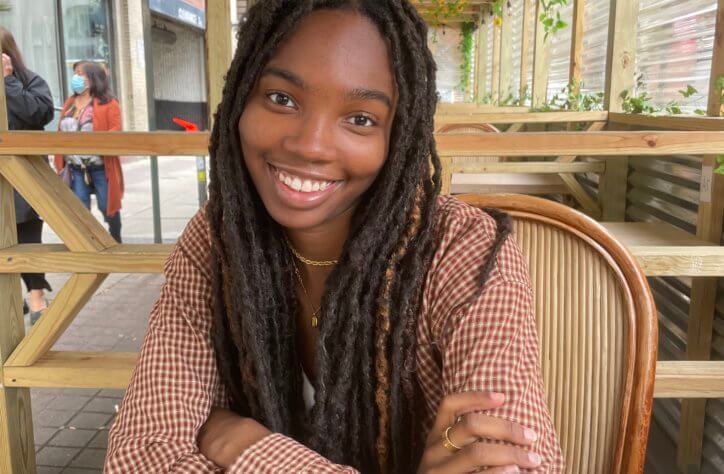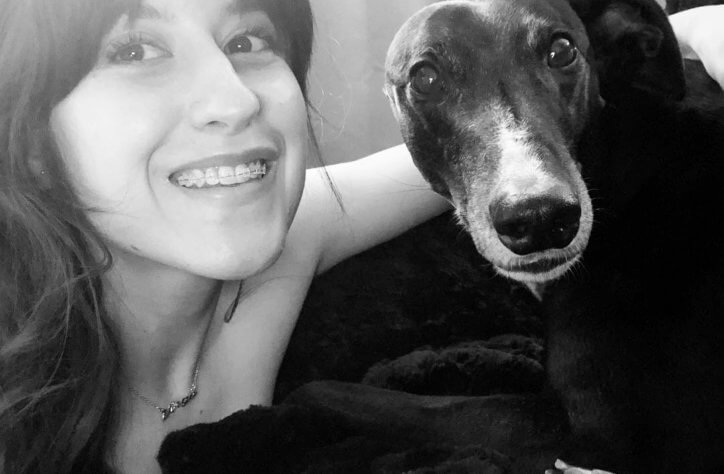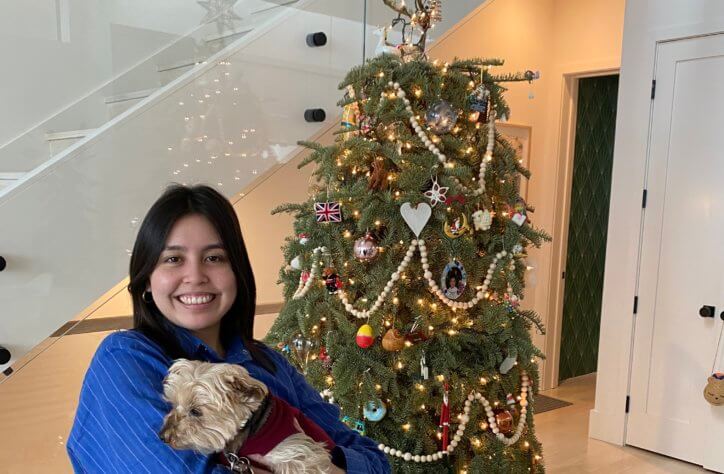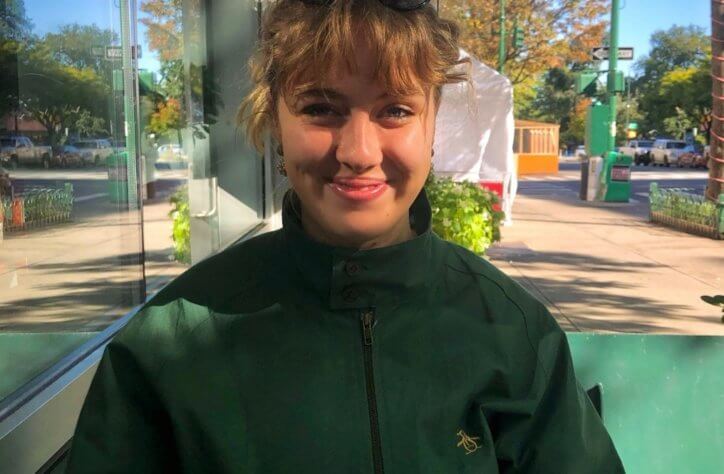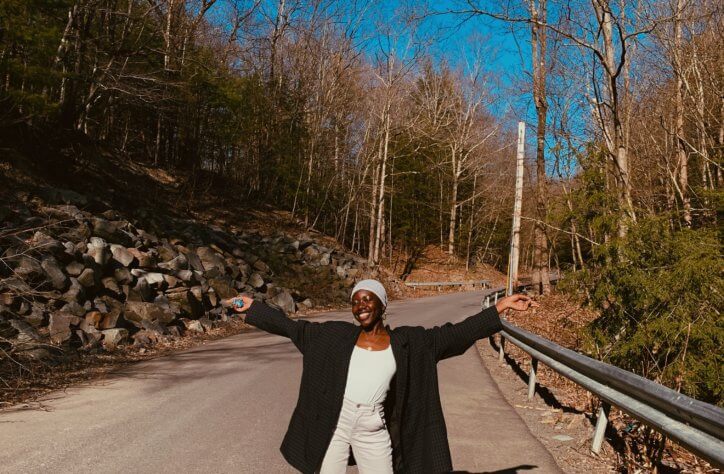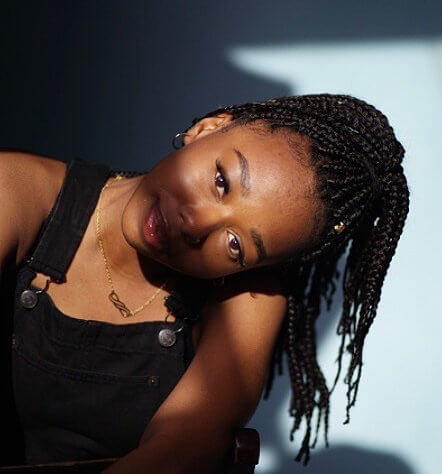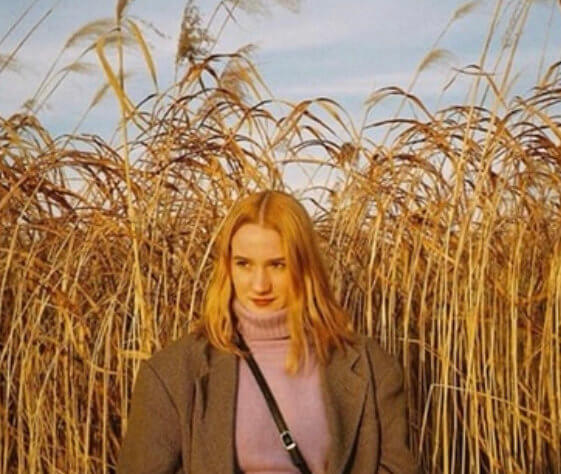I often view my life as having two parts; the one before my panic attack and the one I am living now. My life before felt almost perfect, protected by my university bubble, blissfully unaware of the fact that I am not invincible, that I will die someday, and that I may not have autonomy over whether I will be successful or not. This ignorance, that is strictly reserved for childhood and adolescence, is what I spent so many nights mourning the loss of. A time in one’s life where you feel unbound, free and indestructible. Where we humans genuinely believe that a gunshot wound to the head couldn’t possibly kill us. It was an Alice in Wonderland time of my life, that crushingly came to an end.
This transcendental moment in a person’s life is what some call ‘enlightenment’, I call it the moment you realise how truly insignificant you are and that the universe doesn’t owe you anything. Paulo Coelho describes his enlightenment as the moment he “realised he was alive”, and despite the negative and traumatic feelings I hold towards the moment my bubble burst, Coelho’s description now resonates strongly with me.
Coelho recalls a walk he took in his early 20’s where he suddenly became aware of his existence, his humanity, his fragility and insignificance. At which point, he made the conscious decision to pay attention to everything that was going on around him. For other, less philosophically gifted individuals like myself, this experience was far less glamorously dealt with. I found this realisation earth-shattering, it was like being told Father Christmas didn’t exist all over again, except Father Christmas was now my hopes and dreams and from that point, it felt like my potential, my success and my life were hanging by a loose thread.
I found these realisations so terrifying that instead of facing up to them, I chose to completely ignore them and make myself numb to anything going on around me. In order to successfully numb myself from the outside world, I became best friends with Netflix, Amazon Prime and Now TV and binge-watched the same series repeatedly because even watching something new would send me into a panic I could not quite understand. Quickly, you find that you’ve become completely disconnected from your human life. Planning your days around what series you’re going to watch and living through the characters instead of actually living. There comes a point where this behaviour stops usefully distracting you and instead begins concerning those around you. At which point, I found that fake paying attention was a suitable enough alternative. In other words, using superficial typically young adult behaviour; going out, getting drunk and posting embarrassing stories on your Instagram to distract yourself from your sadness and convince everyone you’re happy.
Eventually, I found myself right back where I started this time with no adequate distractions left, at which point I “hit my bottom”. Holding onto myself during this time was undoubtedly the most challenging part of my experience. Constant feelings of depersonalisation, suicidal thoughts, wanting to be alone but also being scared of my own shadow. I remember one particularly dark day, calling three mental health helplines because I was so terrified of myself. I was in the sunken place, a robot on the surface with the real me lurking in the depths desperately trying to cling onto whatever sanity I had left. I felt completely out of control of myself, a Sim, a passenger with my anxiety deciding where my life was headed.
My first stepping stone towards happiness is difficult to pinpoint, it wasn’t like a switch, it was a combination of things that slowly allowed me to let go of who I was and accept who I had to become in order to navigate adulthood. That acceptance jolted me back to life and I made the decision to finally go to group therapy. There is no denying how helpful group therapy was for me, but to say that after going I was cured, would be a lie. Throughout the course of my therapy, I felt better than I had in a long time, however, when it finished, I felt petrified. Mostly I was in a state of panic, I had just become used to my therapy and the feelings it had resurfaced in me, so I allowed myself to feel that I had lost it all because it was finished. I realised during this time that I was the only person responsible for putting myself back into that dark place.
My anxiety taught me many things, the power of my mind being the most crucial lesson. It seems ridiculous that I could ever have doubted or not fully understood how powerful my mind was, but it took me falling into such a dark space to comprehend its strength. Control was thus my true stepping stone towards happiness. Understanding the importance and the strength of control over oneself is a feeling that is difficult to put into words, but it takes practice.
Time is the second, though it sounds cliché, giving yourself time to get over whatever it is you’re going through is so essential to moving on. I won’t delve into this one, because it’s the first thing out of people’s mouths when they are trying to comfort you. What I will say is, never stop reminding yourself of where you were and where you are now. Even if the change feels slight, it is still change. I am currently sat in the same coffee shop, that two years ago I had a panic attack in whilst trying to revise for my final year exams. That is progress, it isn’t much, but it is enough for me.
In reality, it took endless nights of crying, going to work, cleaning and binge-watching TV, for me to realise that ignorance isn’t bliss. My life before felt so perfect, but in reality, there is a certain beauty to realising you’re alive even if your journey to making such realisations isn’t easy. I had to learn to embrace my sadness, my fears and appreciate the depth of my emotion, however uncomfortable it made me feel.
What do I hope to leave you with then? Honestly, I’m not quite sure myself, writing this was always more a form of my own therapy than anything else, but I always found great comfort in reading and listening to other people’s experiences. I would love to be able to say this is a ‘How to guide’ but really, it’s more of an insight into how I have come to understand and cope with my own anxiety. My experience isn’t abnormal, it is as parents like to say part of growing up. I have no doubt that I will have to grow up again at some point in my life but for now, I am accepting the bad and the good and embracing my humane ability to feel.
